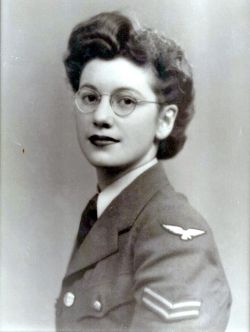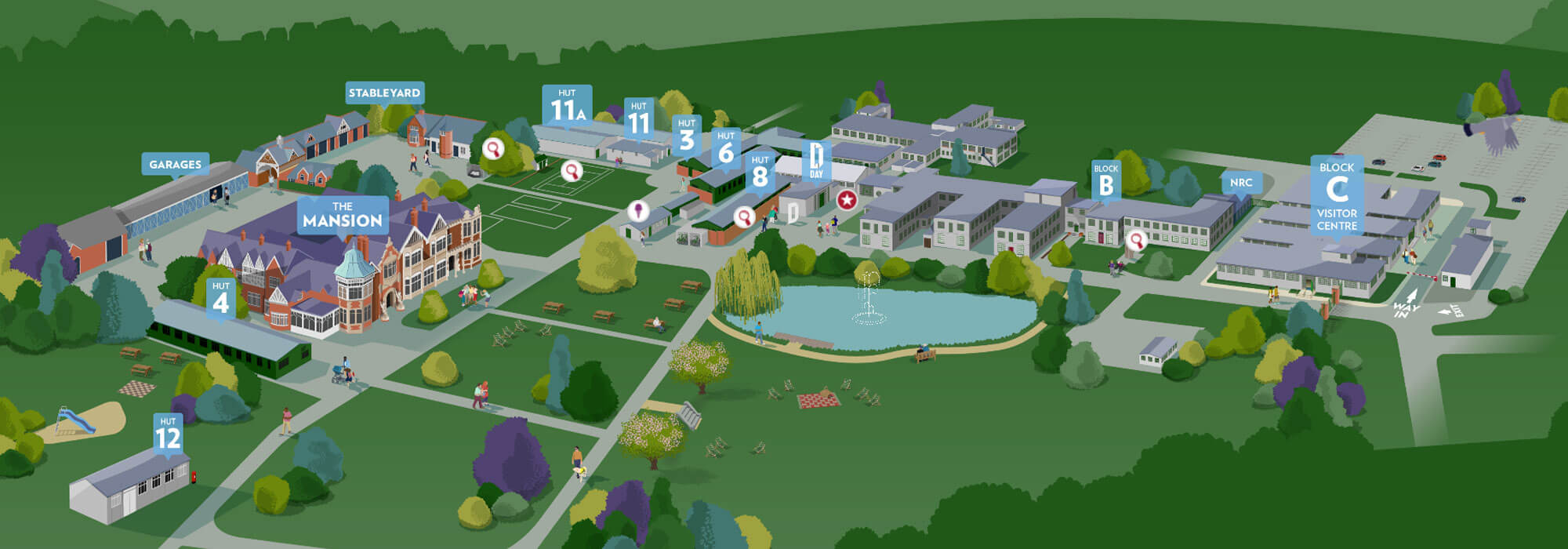

Joan Elisabeth Lowther Murray was an English cryptanalyst and numismatist best known for her work as a code-breaker at Bletchley Park during the Second World War.
She was born on June 24, 1917 in West Norwood, London, England as the youngest of three brothers and one sister. As a kid, Joan went to Dulwich High School, a government coeducational specialist secondary school, with speciality in visual arts and design. After high school, Joan received a scholarship to attend Newnham college, Cambridge in 1936. There, she studied mathematics where she gained a double first degree and was a Wrangler, a student who gains first-class honours in the final year of the university's degree in mathematics.. Unfortunately, at this time there was still severe segregation between sexes. As a result, she was denied a full degree, as until 1948 Cambridge awarded these only to males. Through hard work, Clarke received recognition from many. Eventually, Gordon Welchman, a british mathematician, noticed Clarke's mathematical abilities and recruited her to join him at Bletchley Park to be a part of the 'Government Code and Cypher School' (GCCS). The GCCS started up in 1939 with a single purpose: that of breaking the German Enigma Code.

Clarke first arrived at Bletchley Park on 17 June 1940. During World War II, Bletchley Park serves as a British government cryptological establishment intended to decode the enemy's secret messages, most notably those that had been encrypted with the German Enigma and Tunny cipher machines. The Enigma machine is a cipher device developed and used in the early- to mid-20th century to protect commercial, diplomatic, and military communication. It was employed extensively by Nazi Germany during World War II, in all branches of the German military. The Enigma machine was considered so secure that it was used to encipher the most top-secret message. At this time, cryptology was not considered a job for a woman in England. As a result, Clarke was placed in an all-women group, referred to as "The Girls", who mainly did routine clerical work. Eventually, she started working in a section known as Hut 8 and quickly became the only female practitioner of Banburismus, a cryptanalytic process developed by Alan Turing to help break German naval messages enciphered on Enigma machines. Clarkes intelligence and hard work did not go unnoticed. She was again promoted to Linguist Grade which was designed to earn her extra money despite the fact that she did not speak another language. Clarke became deputy head of Hut 8 in 1944, although she was prevented from progressing because of her gender, and was paid less than the men . After the war, Clark assisted historians studying war-time code breaking at Bletchley Park, but due to continuing secrecy among cryptanalysts, the full extent of her accomplishments remains unknown

Clarke was portrayed by Keira Knightley in the film The Imitation Game (2014), opposite Benedict Cumberbatch as Alan Turing. The movie stars Alan Turning, but throughout the movie Joan Clarke discusses her engagement to Alan Turing and learning of his homosexuality.